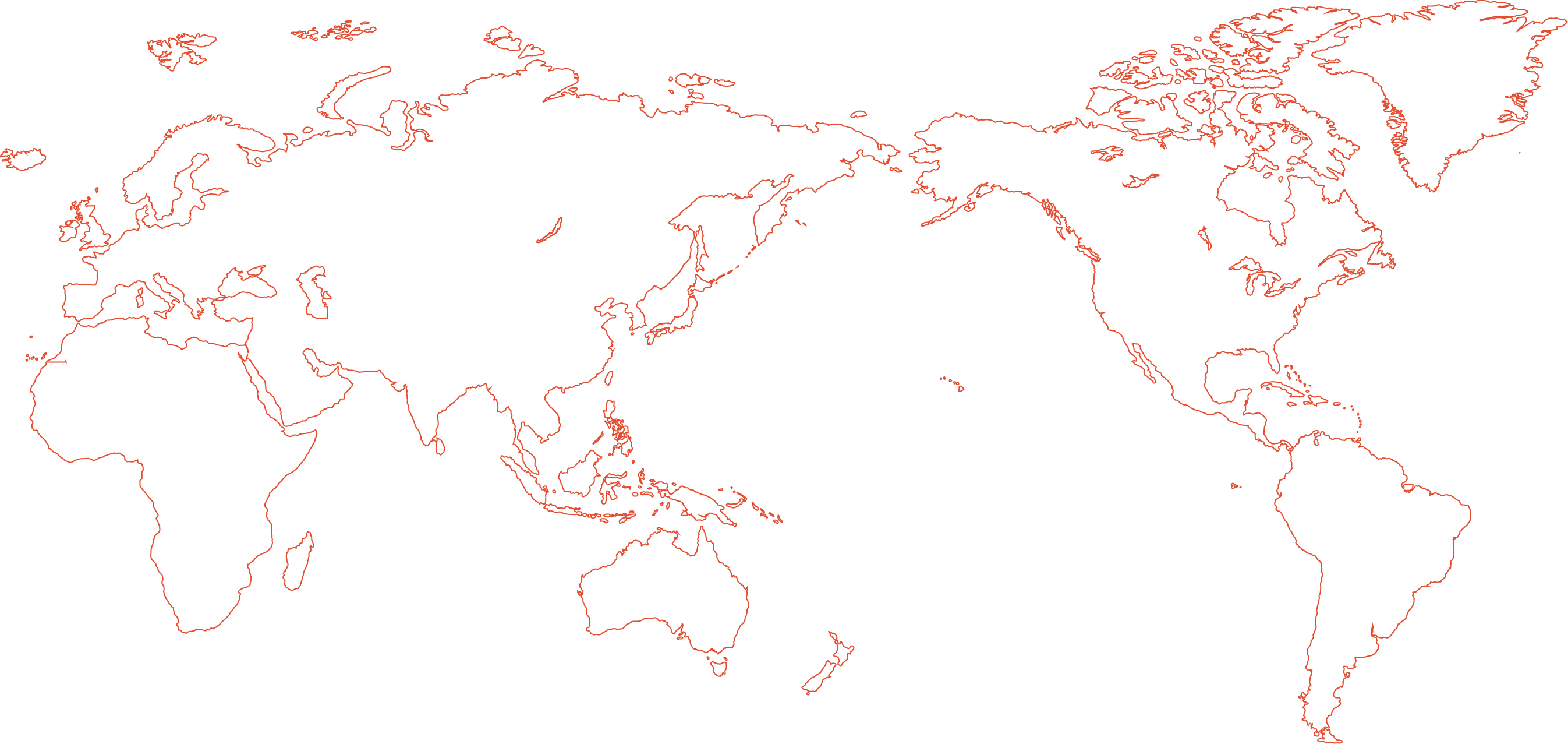Change is
everywhere everyone
Everyone in business has a role to play to build an equitable and regenerative economy. Join us to foster an impact culture within business.
powered by

4,000
Ashoka Fellows in 90 countries


What we do
We build communities of corporate changemakers powered by Ashoka’s unrivaled network of social entrepreneurs to accelerate their company's sustainable transformation.
We are architects of a cultural shift within businesses in which everyone develops the skills, confidence, and agency to drive social and environmental change core to their business activity.
Leverage social innovation to navigate complexity and operate with purpose.
Center strategy on positive impact
Cultivate purpose-driven talent
Reach untapped market segments
Lead systemic change in your industry
It's not about doing good. It's about doing good business.
Explore our case studies

Yeshi Milner (USA): Believes that data science needs to be used for good –specifically to amplify the voices and experiences of the disenfranchised. Through the Data for Black Lives movement, she raises awareness in Black communities about the mechanics of big data, like credit scores, and shows how algorithms impact daily life.
Yuhyun Park (South Korea): Founded DQ Institute in 2015 to develop and spread the concept of the Digital Intelligence Quotient (DQ). DQ constitutes a set of digital competencies all people must have to navigate an increasingly complex digital world. A major focus for DQ Institute is cultivating the digital intelligence of children, who are especially vulnerable to malicious intent online. DQ Institute’s coalition of partners, which includes major tech companies, outlines policy recommendations for nations around the world to implement data-driven strategies that create ethical digital environments.
Gemma Galdon (Spain)—Eticas: Artificial Intelligence is increasingly making decisions that affect the most important aspects of our lives. This is what sparked Gemma to found Eticas, which uses algorithmic audits to embed fairness and equity into AI. This innovative algorithms audit methodology ensures technology does not replicate the biases and injustices present in real-life decision-making tools.



